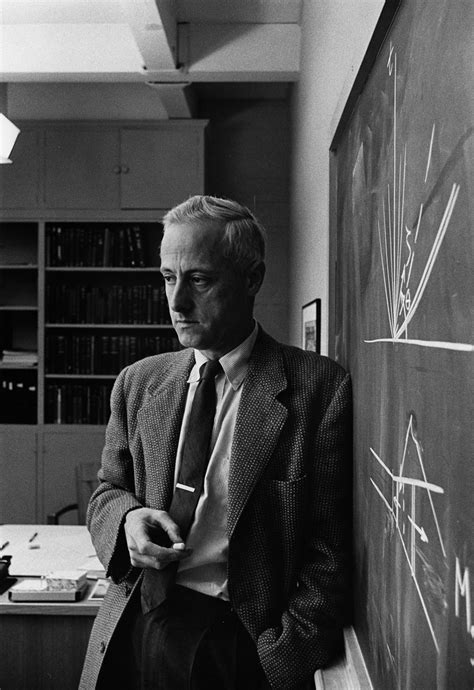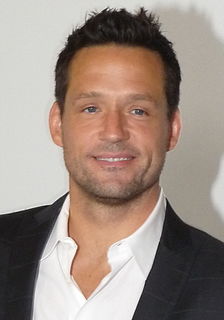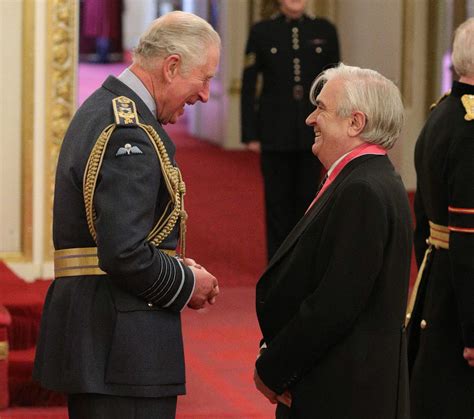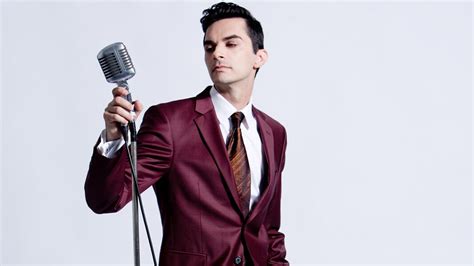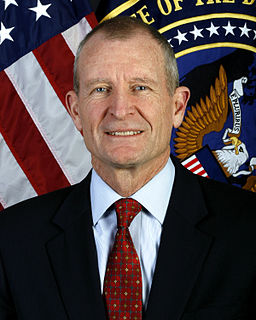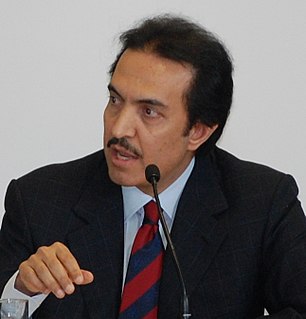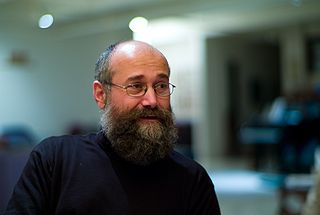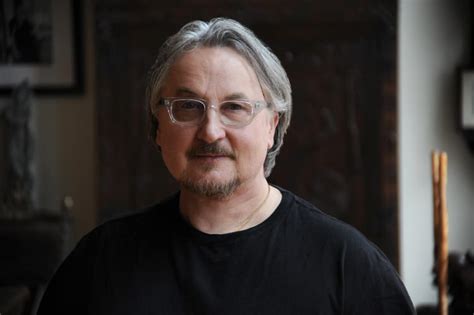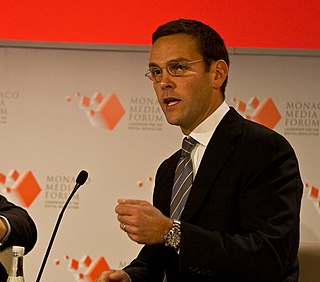Top 1200 Information Knowledge Quotes & Sayings - Page 8
Explore popular Information Knowledge quotes.
Last updated on November 15, 2024.
My desire for knowledge is intermittent; but my desire to bathe my head in atmospheres unknown to my feet is perennial and constant. The highest that we can attain to is not Knowledge, but Sympathy with Intelligence. I do not know that this higher knowledge amounts to anything more definite than a novel and grand surprise on a sudden revelation of the insufficiency of all that we called Knowledge before,—a discovery that there are more things in heaven and earth than are dreamed of in our philosophy.
One of the great misconceptions about spiritual growth that develops in a lot of churches is that information alone is adequate to produce transformed human beings. So if we want to have a church of spiritually mature people, let's just keep cramming more and more information into them... Information alone is not adequate for the transformation of the human personality.
Our investigation looked at whether there is evidence classified information was improperly stored or transmitted on that personal system, in violation of a federal statute making it a felony to mishandle classified information either intentionally or in a grossly negligent way, or a second statute making it a misdemeanor to knowingly remove classified information from appropriate systems or storage facilities.
The knowledge of the individual citizen is of less value than the knowledge of science. The former is the opinion of individuals. It is merely subjective and is excluded from policies. The latter is objective - defined by science and promulgated by expert spokesmen. This objective knowledge is viewed as a commodity which can be refined... and fed into a process, now called decision-making. This new mythology of governance by the manipulation of knowledge-stock inevitably erodes reliance on government by people.
After Pope, in the beginning of Romanticism, people developed the idea that imagination rather than reason was a special form of knowledge and its best expression is through poetry. Therefore, poetry should not try to do the stuff that mere prose does: convey information or make arguments about ideas.
Science is not marginal. Like art, it is a universal possession of humanity, and scientific knowledge has become a vital part of our species' repertory. It comprises what we know of the material world with reasonable certainty. . . . Thanks to science and technology, access to factual information of all kinds is rising exponentially.
I think there's a shamanic temperament, which is a person who craves knowledge, knowledge in the Greek sense of gnosis. In other words, knowledge not of the sort where you subscribe to Scientific American, and it validates what you believe, but cosmologies constructed out of immediate experiences that are found to be always applicable.
In a business setting, one's intelligence is crucial. Many problems faced by today's executives are unique and ill-defined. So, one's ability to analyze information and render a decision based upon the probability of success is imperative. What it comes down to is that all the knowledge in the world is useless if one has no means of processing and applying it. Organizations run on the brainpower of their people.
We really are living in an age of information overload. Google estimates that there are 300 exabytes (300 followed by 18 zeros) of human-made information in the world today. Only four years ago there were just 30 exabytes. We've created more information in the past few years than in all of human history before us.
My curiosity, alas, is not the kind that can be satisfied by objective knowledge. Plato said that opinion is worthless and that only knowledge counts, which is a neat formulation. ... But melancholy Danes from the northern mists understand that opinion is all there is. The great questions transcend fact, and discourse is a process of personality. Knowledge cannot respond to knowledge. And wisdom? Is it not opinion refined, opinion killed and resuscitated upward? Maybe Plato would have agreed with this.
Our nature is intelligent. In fact, everything is intelligent. Intelligence for me is information. Information is intelligence. And then there is information driven by energetics. And the energetics is operated by the matter, which has manifested here. This is where you and I come in. The human body is matter. Plant material, and this tea I am drinking, is matter.
Press information is serious information, but press information is also manipulated by people who want you to think that this and that happened. So it's the old thing that you still cannot trust photography at all or you have to know who is distributing the photograph. In terms of cell phone photography, I think nobody cares about a photograph anymore because they're taking so many pictures just for fun.
By this we may understand, there be two sorts of knowledge, whereof the one is nothing else but sense, or knowledge original (as I have said at the beginning of the second chapter), and remembrance of the same; the other is called science or knowledge of the truth of propositions, and how things are called, and is derived from understanding.
If you think of dramaturgy in North America, which is so realistic and so literal sometimes, sometimes what theaters - especially dramaturgs - ask for is more information, which sometimes can really weigh down a play. There's only so much information a play can have. If you start putting in so much information, it becomes something completely different, it doesn't sing.
I have no doubt that the digital immersion of our children will provide a rich life of entertainment and information and knowledge. My concern is that they will not learn, with their passive immersion, the joy and the effort of the third life, of thinking one's own thoughts and going beyond what is given.
There is so much information that our ability to focus on any piece of it is interrupted by other information, so that we bathe in information but hardly absorb or analyse it. Data are interrupted by other data before we've thought about the first round, and contemplating three streams of data at once may be a way to think about none of them.














